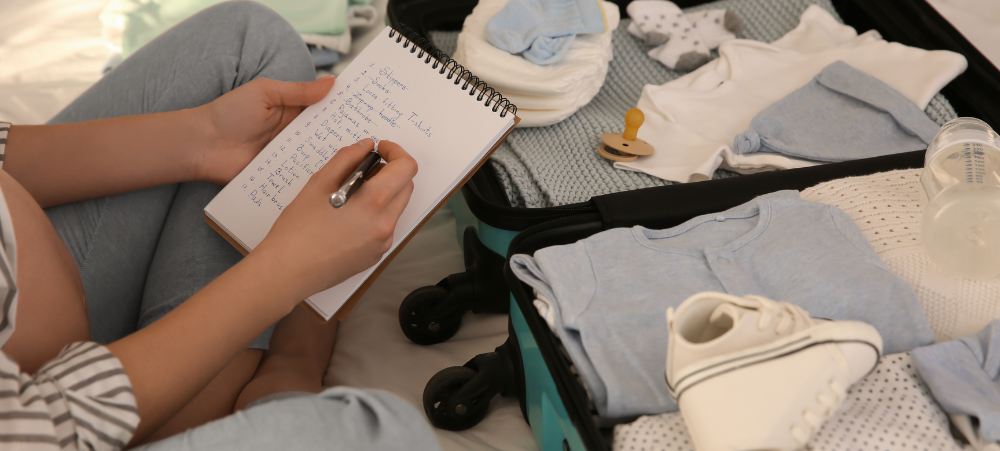Although most moms pregnancies last 40 weeks (your baby will have spent 38 weeks in your uterus) sometimes birth can begin prematurely. If you go into labour anytime between week 20 and 37 is known as preterm labour. A baby delivered before this is known as miscarrige, and anytime after week 37 is considered normal.
If you suspect you’re going into labour early it’s critical that you contact your doctor as quickly as possible so that they can assist you. Ideally your baby needs to stay in your uterus until full term, but even if your baby is premature (sometimes called a preemie) they can still go on to lead a healthy life.
Here are the signs of preterm labour, how you can try prevent it and what to do if you think that your baby might be coming early.
How to decrease your risk of preterm labour
There are some things that increase your risk of going into premature labour – however, that being said, just because your risk factors are low, you aren’t guaranteed not to go into preterm labour.
Firstly, throughout your pregnancy staying healthy is critical. Smoking, drinking and recreational drug use are all activities that increase your risk of preterm labour (amongst other things). Good nutrition and prenatal care is a key aspect of a healthy pregnancy and baby.
Other risk factors include, having more than one baby in your uterus, short intervals between pregnancies and having had another baby preterm.
There are certain infections and chronic conditions that can also contribute to preterm labour. Preeclampsia, gestational diabetes, depression, chronic kidney or heart disease or infections can all lead to preterm labour and birth.
Signs and symptoms that you may be experiencing preterm labour
Controlling what you can, keeping a healthy pregnancy lifestyle and maintaining good prenatal care are not guarantees for your baby’s timely arrival. However, spotting preterm labour early means that you’ll be able to receive treatment as quickly as possible.
Backache and pressure in your lower belly (almost as if your baby is pushing down) as well as bell cramps and contractions are all signs of premature labour. These contractions are different to Braxton Hicks contractions as they are regular.
Other signs include a change in your vaginal discharge to watery or bloody, or even experiencing a gush of fluid from your vagina.
What happens if I go into preterm labour?
If you suspect preterm labour let your doctor know right away. Once you have alerted your doctor they’ll give you medication to stop the birth or slow down your labour. How close you are to your due date will impact on how they decide to treat you. You may be given medication to slow or stop your contractions, as well as medication that will help your babies lungs mature and grow, as if they are born preterm they may not work on their own.
If your baby is born preterm it is likely they’ll need special care from the hospital as they are at higher risk of health complications. However, even if your baby is preemie they can still go on to live a healthy life.
For 2025 we have a renewed Female Health Programme:In collaboration with CareWorks, it’s accessible to all female members aged 18 and above, with an emphasis on preventative care and early detection of female-specific health issues. In addition, we have an enhanced Maternity Programme to support expecting mothers. This includes early identification of and weekly engagement for high-risk pregnancies, post-childbirth care and associated mental health follow-up calls for new mums, given the prevalence of pre and postnatal depression. Also, milestone reminders for children under 3 and cover for antenatal vitamins through savings, day-to-day benefits or the Benefit Booster
Bonitas Medical Fund
0860 002 108
View Website: www.bonitas.co.za
- Symphysis pubis dysfunction (SPD) and to deal with it - January 5, 2026
- Putting together your birth plan - December 23, 2025
- Breastfeeding tips - December 15, 2025





